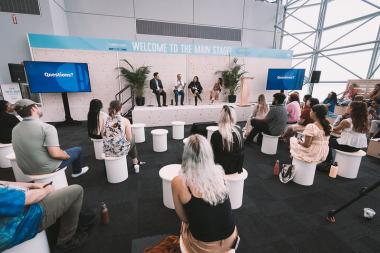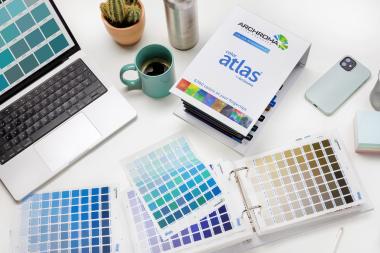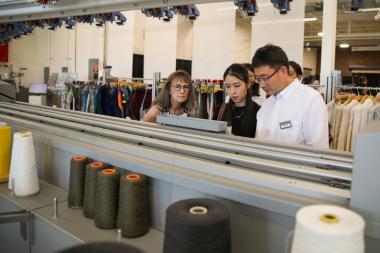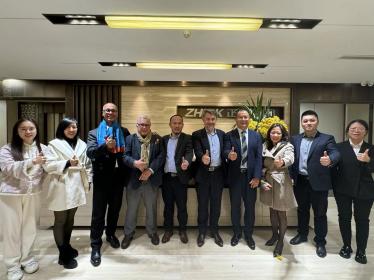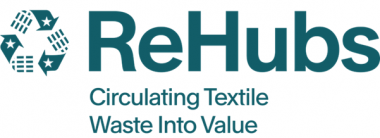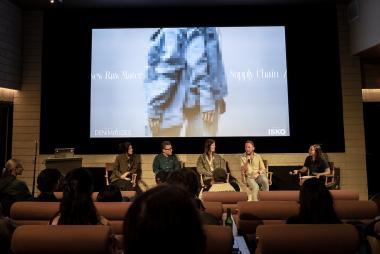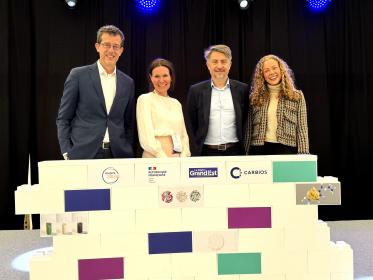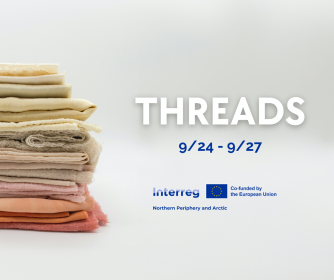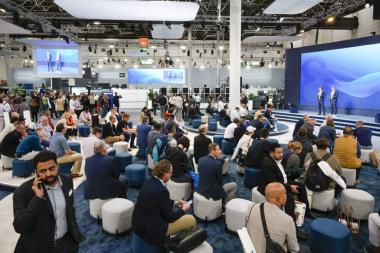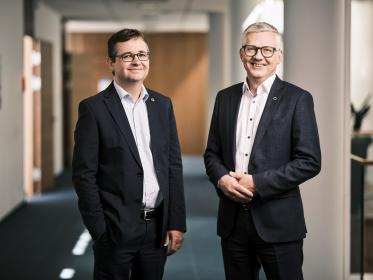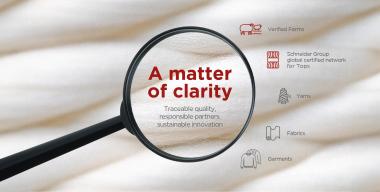Natural Materials Panel at Functional Fabric Fair
- “Natural Materials: The Path Towards Brand Responsibility” Panel Discussion Comes to Functional Fabric Fair in NYC
As global regulations and increased customer concern drive the demand for sustainable products, forward thinking brands are increasingly turning to natural materials as a sustainable alternative.
This panel will spotlight how newer biomass-based textiles are complementing established materials like down and wool to not only enhance performance but also to meet evolving consumer demands for eco-friendly products.
Hosted by textile industry communications agency Formidable Media and scheduled for Tuesday, July 16, this panel will provide an inside look at how natural materials can be leveraged to grow brand responsibility while elevating textile performance.
The discussion will feature insights from leaders in sustainability and textile innovation, exploring the opportunities and challenges in adopting natural materials within supply chains. Attendees can expect a deep dive into the latest advancements and best practices that are shaping the future of responsible sourcing and manufacturing in the textile sector.
Panelists include:
- Matthew Betcher, Creative Director, ALLIED Feather + Down
- Monica Ebert, Business Development and Sustainability, Manager, Woolmark
- Sharon Perez, Senior Business Development Manager, Lenzing Group
- Chad Kelly, President, eVent Fabrics
Formidable Media


